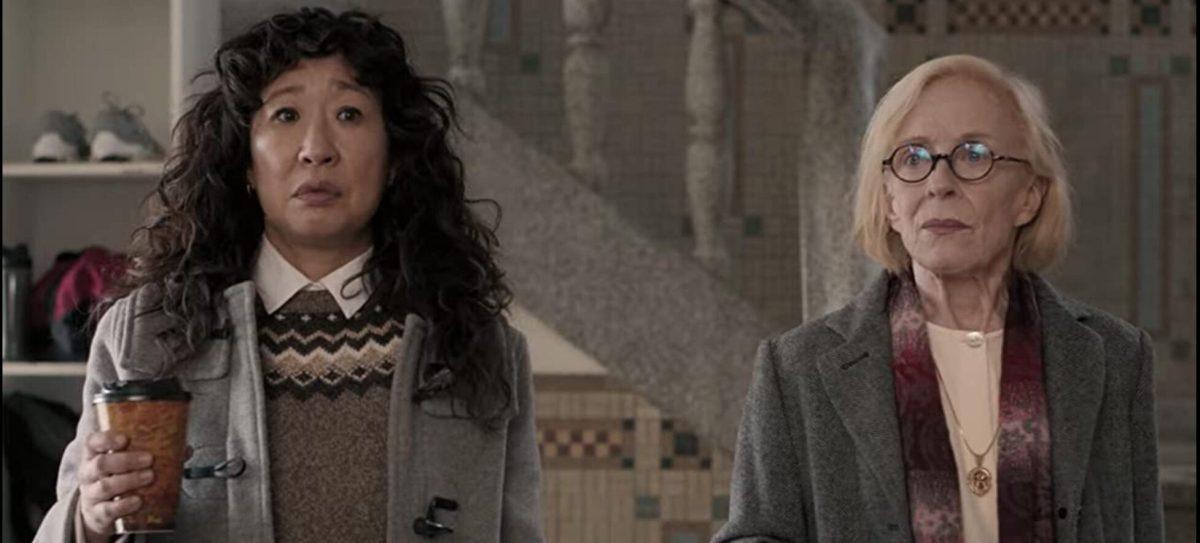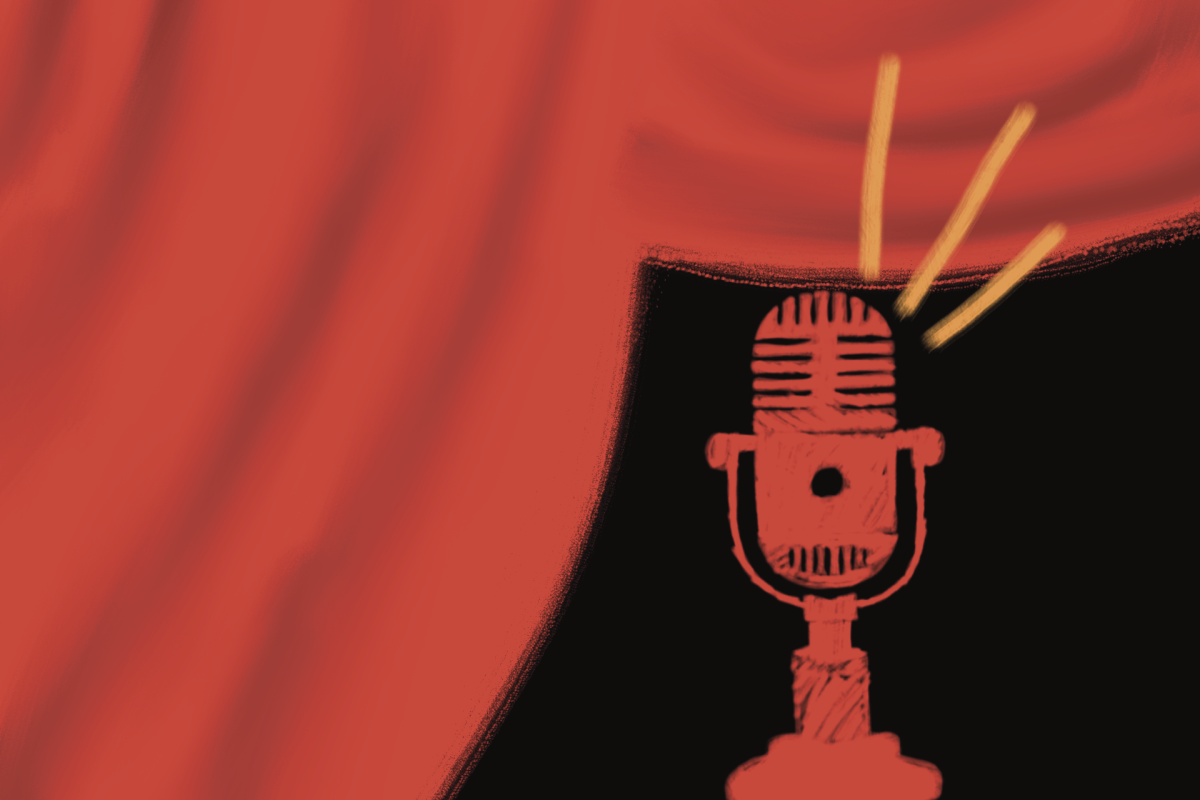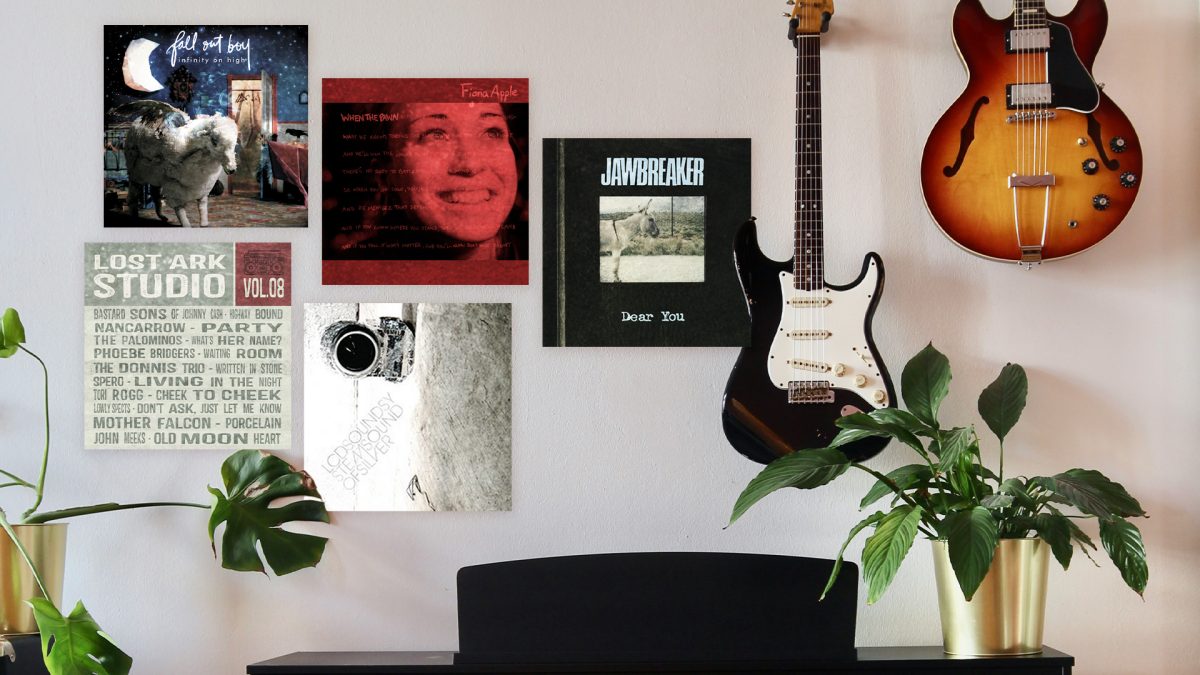The recently released show “The Chair” confronts controversial topics, yet its three-hour runtime leaves the story feeling flat, instead of giving distinction to its characters’ most important plotlines.
At the fictional Pembroke University, the personal lives of English professors are on display in “The Chair,” a six-episode dramedy series. Created by Amanda Peet and Annie Julia Wyman, “The Chair” was released on Netflix on Aug. 20. Centered on professor Ji-Yoon Kim (Sandra Oh), the first-ever minority female chair of the department, the show examines relevant issues like representation in education, cancel culture and misogyny.
“The Chair” draws viewers in with a dramatic introduction set to “Gloria” by Antonio Vivaldi. Ji-Yoon hurries to her brand-new office, where her desk chair collapses underneath her upon sitting down. This opening sequence sets up the thesis of the show, and it becomes clear that Pembroke’s English department is in dire need of help. Enrollment is down, and students aren’t interested in studying antiquated literature.
As the show progresses, viewers get a glimpse into the complicated lives of Ji-Yoon and her coworkers. An important character is Bill Dobson (Jay Duplass), a grieving widower struggling to balance his daughter’s departure for college and a potential romantic relationship with Ji-Yoon. The central conflict of the show occurs when, in a poor attempt to demonstrate a point on fascism in his Death and Modernity class, Bill uses the Nazi salute.
Facing an uproar from students and faculty, Bill must deal with the ramifications of his actions. While Bill is portrayed as an eccentric yet well-meaning man, his personal issues and refusal to apologize for his actions make it hard to figure out whether the show’s creators intended to portray him as a sympathetic figure or an ignorant one.
In addition to her relationship with Bill, Ji-Yoon struggles with her headstrong adopted daughter, Ju-Hee (Everly Carganilla), who feels disconnected from Ji-Yoon. Their dynamic addresses important issues regarding adoption and single parenthood, yet the show puts more emphasis on Ji-Yoon’s relationship with Bill than her daughter, leaving the storyline feeling bare.
One thing “The Chair” successfully portrays is the role of misogyny in education. Throughout the series, Ji-Yoon and her co-professors, Joan Hambling (Holland Taylor) and Yaz McKay (Nana Mensah), are often undermined by their largely white, male colleagues.
Ji-Yoon struggles to balance advocating for tenure for Yaz, the only Black female professor in the English department, with the demands of male faculty. While Ji-Yoon tells Yaz that it is time to shake things up in the department, the series never reaches a definite conclusion on whether things actually change for the better, ending on an unsatisfying note.
The female professors’ struggle to be taken seriously is palpable: At one point, Yaz’s co-professor has her pass out papers to the class as if she is a teaching assistant, and frequently speaks over her lessons. Joan’s office is moved to the basement, and she expresses frustration over years of being underpaid and underestimated compared to her male colleagues. With every backhanded comment or interruption from a male professor, audiences can sympathize with the struggle of the female protagonists — one that many women in higher education consistently face.
Overall, “The Chair” is a compelling series with an impressive cast and solid performances from Oh, Duplass and others, but the numerous unresolved storylines make it difficult to fully appreciate the meaning behind them. A longer season might allow for more time to develop the stories of specific characters, such as Yaz, Ju-Hee and Ji-Yoon herself. While “The Chair” is an entertaining and relevant watch, its arc ends up feeling incomplete.
Edited by Elise Mulligan, [email protected]








